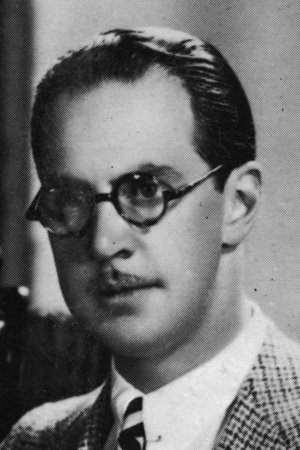Luis Marquina
Luis Marquina Pichot (Barcelona, May 25, 1904-Madrid, June 26, 1980) was a Spanish sound engineer, screenwriter, producer and film director. Son of the playwright Eduardo Marquina and by maternal branch of the Pitxot family (whose surname he Spanishized to Pichot) in whose family he had three artist uncles: Ramón, painter; Ricardo, cellist and student of Pau Casals; Luis, violinist; and María, opera singer known as María Gay. The Pitxot family had a great friendship with the Dalí family of Figueras, so the young Luis met and befriended Salvador Dalí. Despite the literary and artistic environment in which he was educated, he decided to study a technical career, Industrial Engineering, specializing in the then pioneering techniques of sound recording, of great application with the advent of sound film. In 1933 he was appointed assistant technical sound director of the CEA studios in Ciudad Lineal, where he was in charge of such significant films as El agua en el suelo, Doña Francisquita, La traviesa molinera and La Dolorosa. In 1935, the Filmófono company, managed by Luis Buñuel, offered him his directorial debut in Don Quintín el amargao. The following year he made what has always been considered his best film, El bailarín y el trabajador, a musical comedy based on a comedy by Jacinto Benavente. During the Spanish Civil War he lived in Argentina, collaborating in two local productions, as co-director in La chismosa (1938) and as scriptwriter in Así es la vida (1939). In 1940 he worked in Rome within the framework of the Spanish-Italian Cinematographic Agreement. Between 1941 and 1944 he continuously made a series of films that were received coldly by the critics (and in some cases in a frankly negative way, such as Santander, la ciudad en llamas), so he interrupted his directing work for a few years, which he did not resume until 1948.
